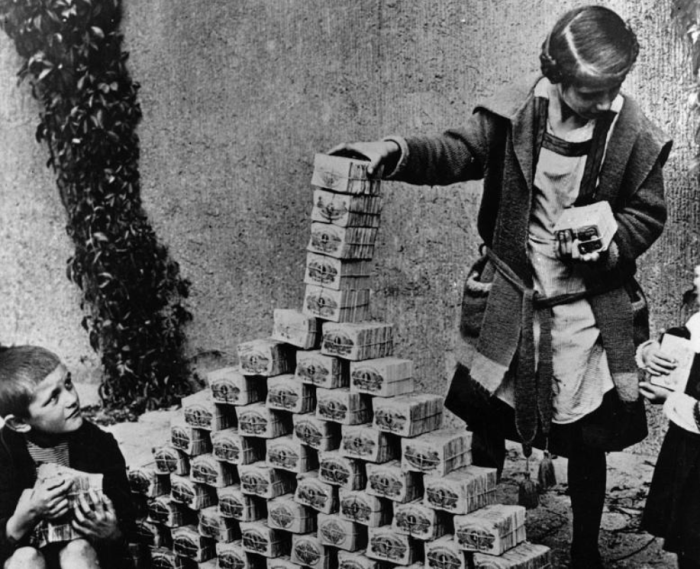The so-called Build Back Better Act proposed in the House of Representatives, with its “economically costly and inefficient tax increases,” will result in reduced economic output, wages, and jobs, according to a new report by the nonpartisan Washington-based Tax Foundation.
“We find that long-run GDP would drop by a little over $1 for every $1 in new tax revenue,” writes the foundation’s Garrett Watson.
The Foundation’s General Equilibrium Model estimates that the Ways and Means tax plan would reduce long-run GDP by about 0.4 percent, which in today’s dollars amounts to about $129 billion of lost output annually.
Furthermore, the foundation estimates that “The tax changes in the plan (including IRS enforcement and excluding other non-tax revenue raisers like drug pricing) would raise about $124 billion annually in new tax revenue in the long run, conventionally estimated in today’s dollars, meaning for every $1 in revenue raised, economic output would fall by about $1.04.”
Starting with a 0.05 percent drop in GDP in the first year (about $11 billion) and building to a 0.26 percent drop in GDP by 2031 (about $86 billion), the plan would result in a cumulative GDP loss of about $531 billion from 2022 through 2031.
The Organization for Economic Co-operation and Development (OECD) found that the corporate income tax is the most harmful tax for economic growth, and academic research suggests that workers, especially low-skilled, women, and the young, are negatively impacted through lower wages.
The report notes that “Even before accounting for a smaller economy, taxpayers earning less than $400,000 would see lower after-tax incomes due to higher corporate taxes and higher taxes levied on nicotine.”
Additionally, the economic harm caused by the tax increases would claw back some of the plan’s permanent full refundability of the child tax credit (CTC) aimed at low- and middle-income families. For taxpayers in the bottom 20 percent, it would reduce the average net benefit of the plan per filer from $54 to $7, nearly wiping out the average benefit per filer.






